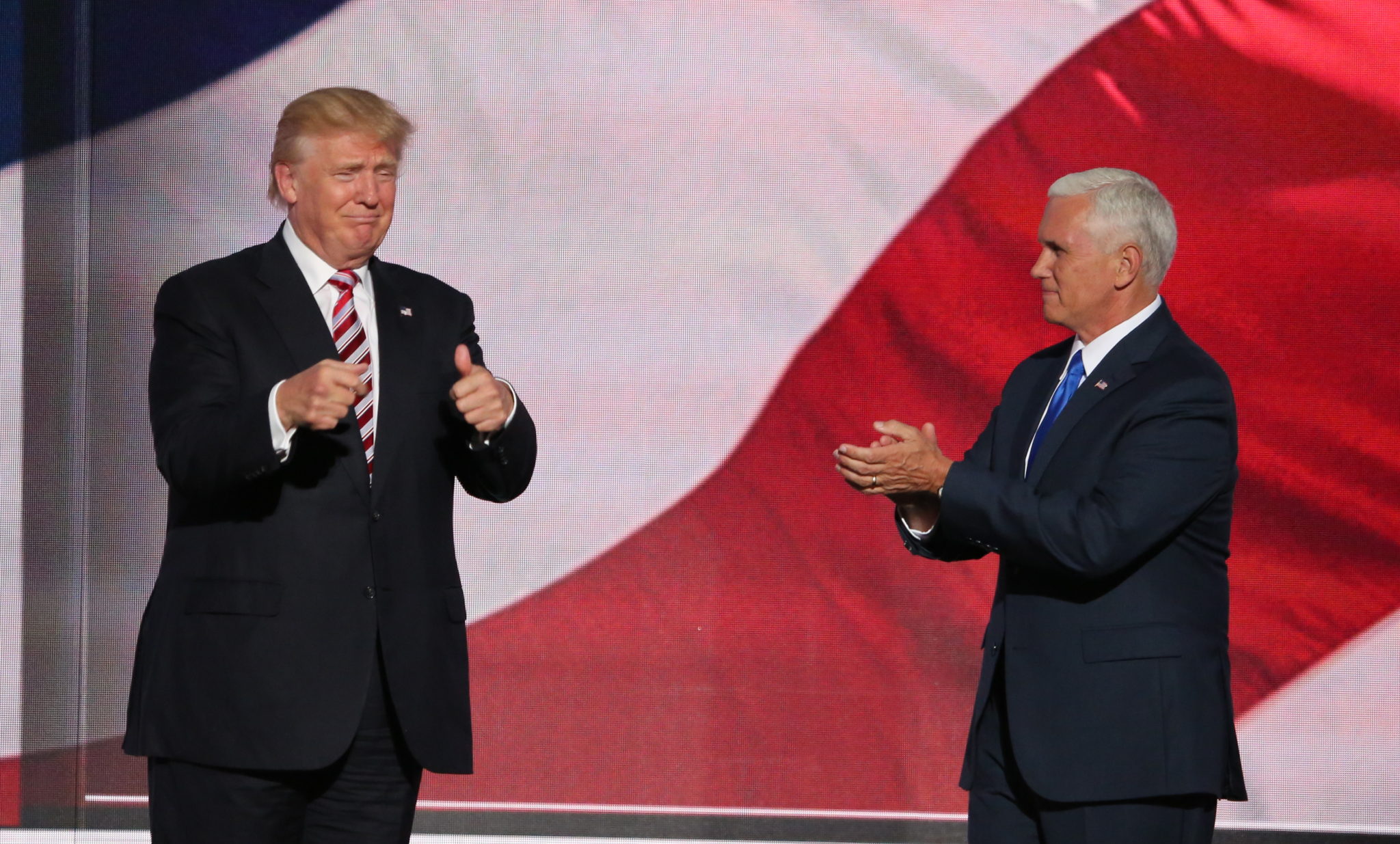President Donald Trump.
That’s a phrase that many Americans never thought they’d hear, much less have to say with a straight face.
The coming days and weeks will involve lots of analysis of yesterdays’ election results. Much of that analysis will focus on the working class and their under-representation in the polls. This piece from AutoNews gets at some of that:
The last time Americans elected a new president, the U.S. auto industry was on the brink of collapse.
Eight years later, U.S. auto sales are at near record levels. The Detroit 3 automakers have hired tens of thousands of workers in the past few years.
Yet anger and resentment remains. About the government’s 2009 auto bailout. About jobs eliminated by the automakers and other industrial employers in Michigan and other “Rust Belt” states.
Hillary Clinton underestimated that anger.
The UAW underestimated that anger.
Ford Motor Co. underestimated that anger.
But Donald Trump took advantage of it.
Some of the analysis will also focus on the fears that Donald Trump preyed upon in white Christians, especially white Christian men. During a campaign that disparaged Latinos, Muslims, African Americans, women, and many other groups, he gave voice to a kind of xenophobia that many of us thought–or hoped–was long dead.
It wasn’t. It isn’t.
We already know some of the potential downsides of a Trump presidency.
- Increased racial and religious tensions, like the kind seen in the U.K. after the Brexit vote.
- Revocation of trade agreements, which could hurt both exports and imports, not to mention U.S. automakers that do some of their manufacturing abroad.
- A turn away from longtime allies like Japan and a turn toward countries like Russia.
- An increase in fundamentalist terror groups like the so-called Islamic State, which use Trump’s Islamophobic rhetoric to fuel recruitment efforts.
- And of course, the replacement of at least one Supreme Court justice.
Are there upsides? Maybe.
- Trump’s not an evangelical Christian. Though evangelicals were undoubtedly part of his base, he doesn’t fully share their agenda, especially when it comes to LGBT issues.
- He’s a hugely divisive figure, and for him to get anything done, he’ll have to do a lot of compromising. That means that he’ll have trouble making good on some of his more radical campaign promises (though he might also be persuaded to make some unpleasant trade-offs to do so).
- And most importantly: he gives many Americans a bogeyman–something to fight against–in both the 2018 mid-term elections and the 2020 presidential election.
Other than that, I can’t think of much.
The thing that really hurts many of us who didn’t vote for Trump is that his campaign exposed a vein of ugly, discriminatory, hatred. The fact that those people exist–and in many cases, they’re our neighbors and family members–has damaged our own hopeful attitudes about American and humanity in general.
I think Sarah Silverman summed that up pretty nicely with this double-edged tweet:
“In spite of everything, I still believe that people are really good at heart.”
Anne Frank pic.twitter.com/40lgFTgJeJ— Sarah Silverman (@SarahKSilverman) November 9, 2016
I also like to remember the closing words of Tony Kushner’s Angels in America, which was published in a more hopeful time–1993 and the early days of the Bill Clinton administration–but was set in the 1980s, as HIV/AIDS begins to ravage our community.
“The world only spins forward. We will be citizens. The time has come. Bye now. You are fabulous creatures, each and every one. And I bless you: More Life. The Great Work Begins.”
Chins up, everyone. Deep breaths. See you tomorrow.
